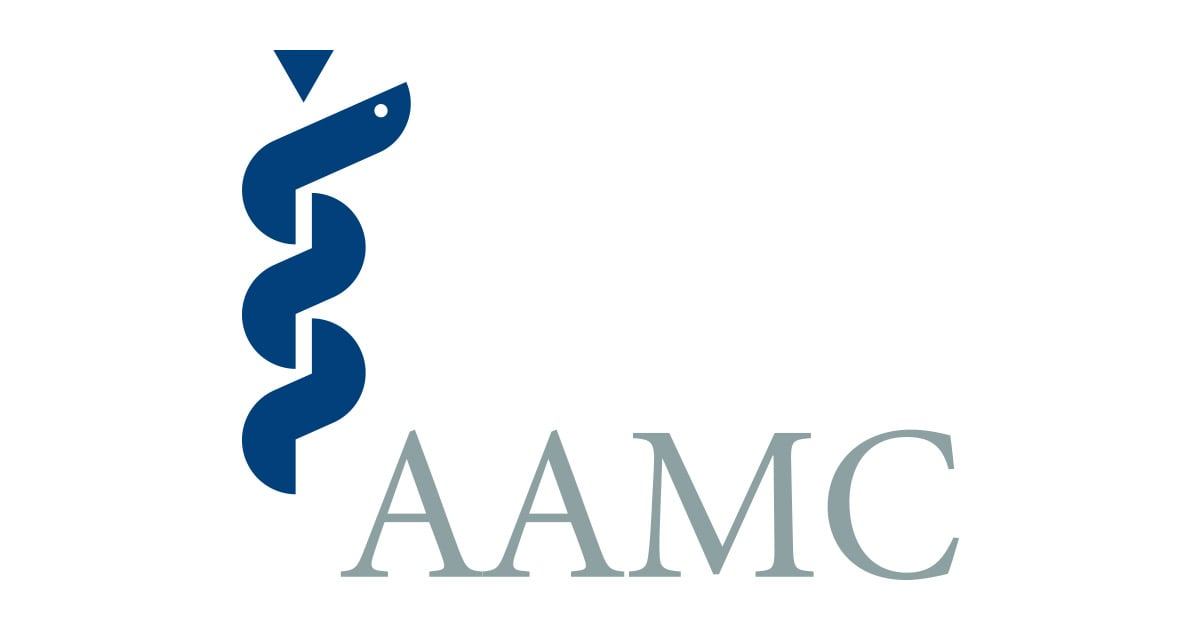- Joined
- Dec 23, 2016
- Messages
- 596
- Reaction score
- 401
Hey everyone,
Been studying all day, and came to a realization. I feel like medical school is 90% memorization. I literally spent all day learning about the minutiae that separates the different brain tumors. The day before, I spent all day memorizing and watching sketchy to learn the autonomic drugs. The day before that I was memorizing drugs to treat gout etc. I feel like theres very little understanding involved, just know certain things. Heck, I feel like my professors call things "idiopathic" or "we don't know why this happens" half the time, and it's annoying sometimes (I know nothing can be done about this lol, can't make up a reason for a disease, but just adds to why studying can get annoying).
I feel like sometimes I'm just memorizing a glorified phone book (first aid). I was never a science person in high school, and so when I got to college I told myself I would force myself to like science because I wanted to be a doctor. It turns out, I ended up falling in love with a lot of my pre-med classes, mainly physics and orgo. Gen chem, physio and biochem weren't half bad either. I remember I used to enjoy study sessions of just sitting down and hammering away physics questions. I never felt like I was memorizing in undergrad, always understanding... even for bio classes. Honestly I would rather be doing calculus than memorizing all this stuff. I know it's important for the real world, and I take pride in learning this stuff that will someday treat patients, but its the process that's less than enjoyable.
P.S not saying I want to drop out of med school, I absolutely love this field and can not absolutely see myself doing anything else. Willing to do whatever it takes.
Sorry about the rant. Just wanted to know if anyone else felt similar.
Been studying all day, and came to a realization. I feel like medical school is 90% memorization. I literally spent all day learning about the minutiae that separates the different brain tumors. The day before, I spent all day memorizing and watching sketchy to learn the autonomic drugs. The day before that I was memorizing drugs to treat gout etc. I feel like theres very little understanding involved, just know certain things. Heck, I feel like my professors call things "idiopathic" or "we don't know why this happens" half the time, and it's annoying sometimes (I know nothing can be done about this lol, can't make up a reason for a disease, but just adds to why studying can get annoying).
I feel like sometimes I'm just memorizing a glorified phone book (first aid). I was never a science person in high school, and so when I got to college I told myself I would force myself to like science because I wanted to be a doctor. It turns out, I ended up falling in love with a lot of my pre-med classes, mainly physics and orgo. Gen chem, physio and biochem weren't half bad either. I remember I used to enjoy study sessions of just sitting down and hammering away physics questions. I never felt like I was memorizing in undergrad, always understanding... even for bio classes. Honestly I would rather be doing calculus than memorizing all this stuff. I know it's important for the real world, and I take pride in learning this stuff that will someday treat patients, but its the process that's less than enjoyable.
P.S not saying I want to drop out of med school, I absolutely love this field and can not absolutely see myself doing anything else. Willing to do whatever it takes.
Sorry about the rant. Just wanted to know if anyone else felt similar.

